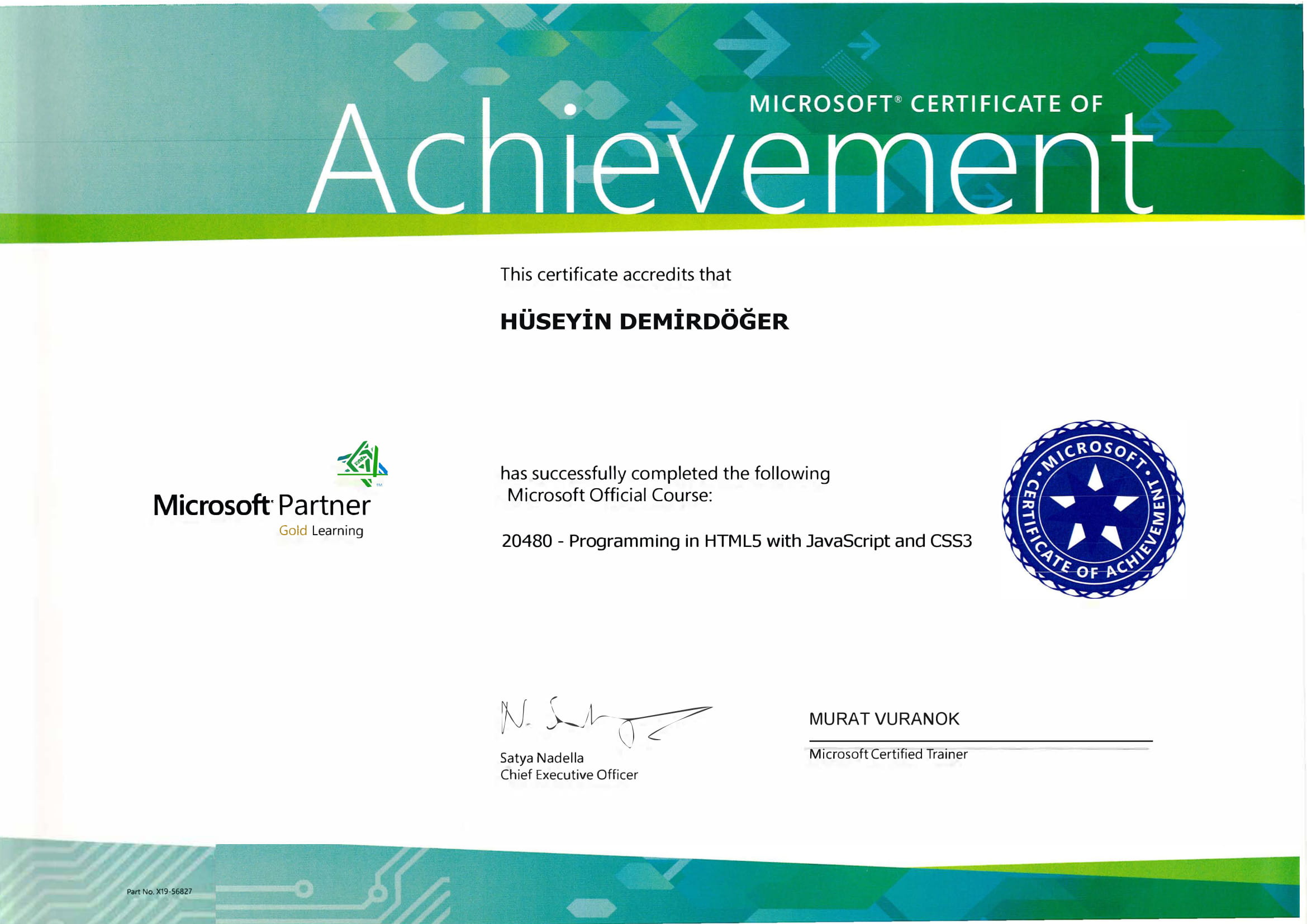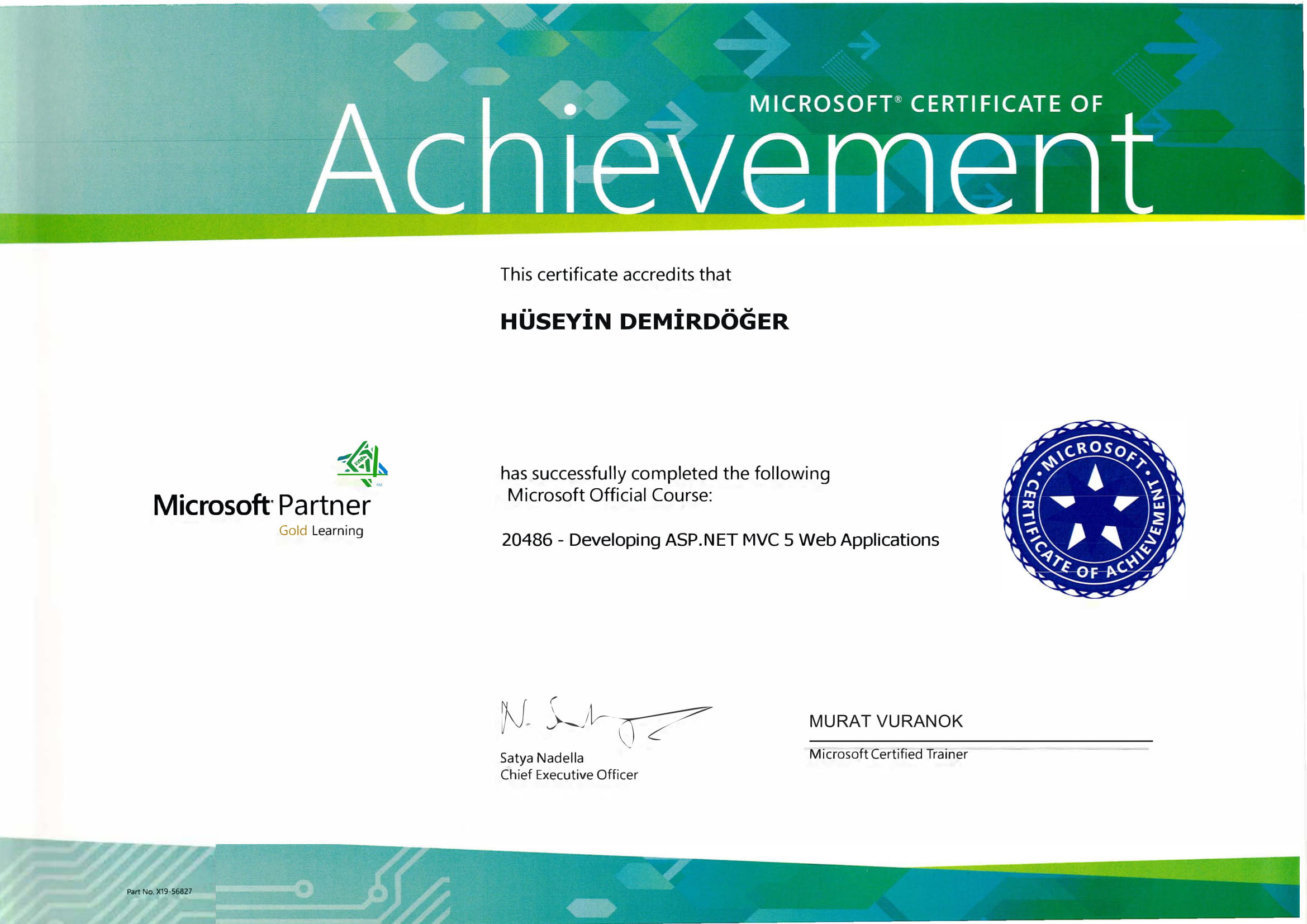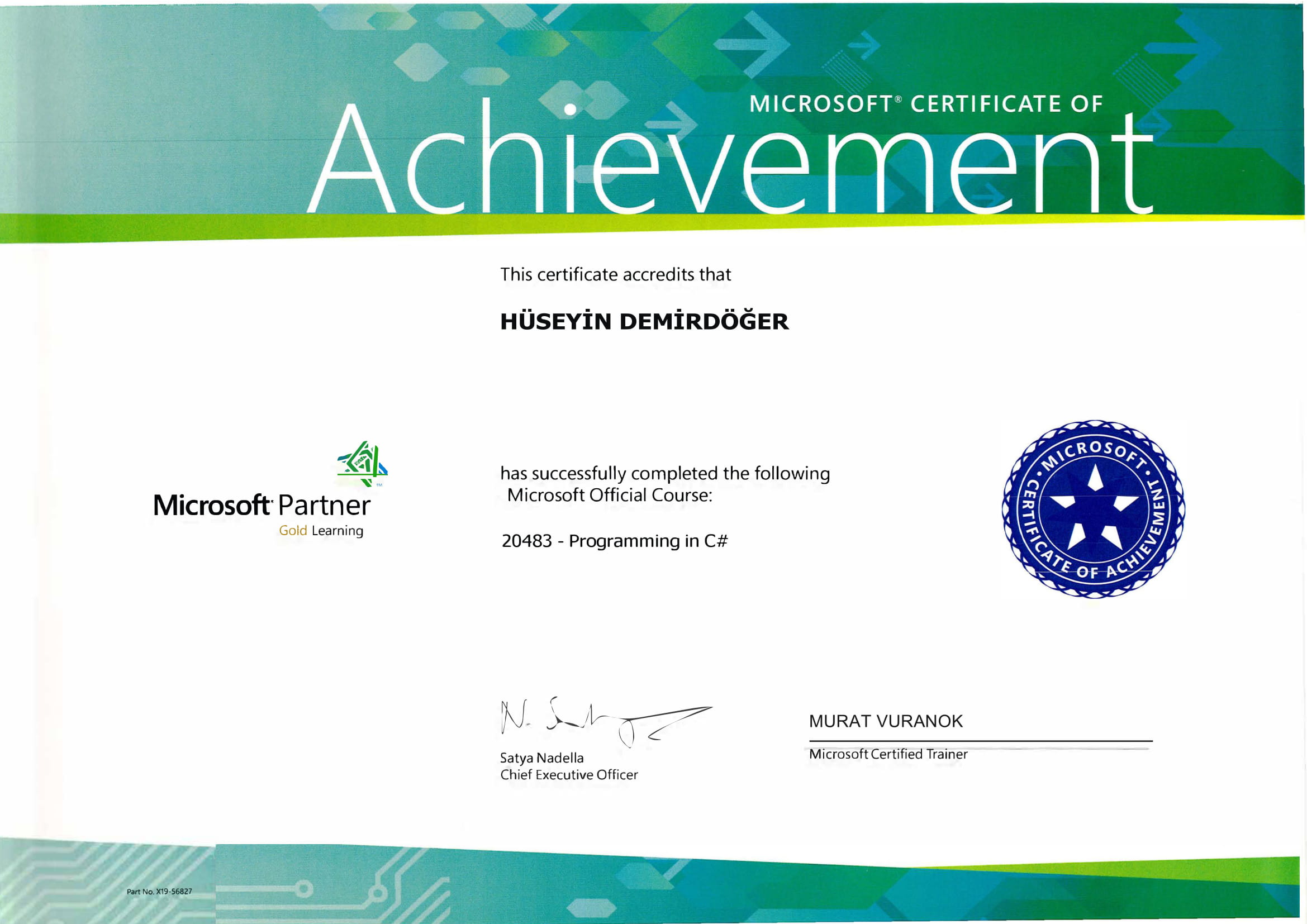If you’ve ever encountered a file transfer failure on your computer, you might have come across the notorious Windows error code 0x8007045D. You've probably seen it while copying files to your USB drive or even when trying to access data on a removable disk. This puzzling error codes frustration is something many of us have faced, each time making us wonder, "Why now, and how do I fix this?"
Understanding Error Code 0x8007045D
The error code 0x8007045D, often linked to I/O device errors, typically surfaces when Windows struggles to read or write data on a storage device like a USB drive. It might seem technical, but it’s simply Windows saying, “Hey, there's trouble reading or writing data from your disk. Can you help me out?”
Common Causes Include:
- Corrupted Files: Occasionally, files you’re trying to transfer may be corrupt.
- Faulty USB Drives: Sometimes, the drives themselves or the ports might be at fault.
- System Errors: Windows internal errors could also be a cause.
Step-by-Step Guide to Fix Error Code 0x8007045D
Check Your Hardware Connections
- Ensure your USB drives and cables are properly connected. This might seem trivial, but a loose connection can cause unexpected read/write failures.
Run the Windows Troubleshooter
- Go to Settings > Update & Security > Troubleshoot.
- If prompted, follow the instructions to resolve potential device issues.
Disk Check and Repair
- Open Command Prompt as Administrator.
- Type
chkdsk /r X:(replace 'X' with your drive letter) and hit Enter. - This checks and repairs potential issues with your disk, often resolving the error code 0x8007045D.
Try a Different USB Port
- Sometimes, using a different port or USB device can make all the difference. Have you tried plugging your device into another port to see if it works?
For those who might think it's too complex, I had a similar experience once. Who knew a basic hardware check could make such a difference?
Link to Related Issues and Solutions
If you’re someone who often faces different Windows errors, you might find these guides useful:
- Windows Error Code 0x80070005: A common issue linked with access denied errors.
- Windows Error Code 0xc0000005: Useful if you're experiencing application crashes.
- Windows Error Code 0x80070002: For those troublesome update errors.
In Conclusion
Understanding and resolving file transfer failures and data read errors might require a bit of patience and troubleshooting, but it's entirely doable. Identifying the root cause—be it hardware or software—can significantly reduce the time spent resolving these issues. Remember, technology isn’t perfect, but with a little effort, you can solve most issues.
So, have you ever faced a similar situation? How did you address it? Let’s continue this conversation, troubleshooting is always a bit less daunting with shared experiences!


















